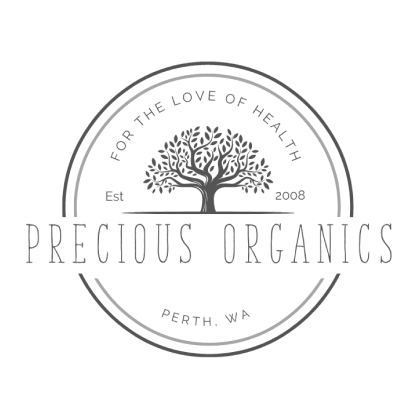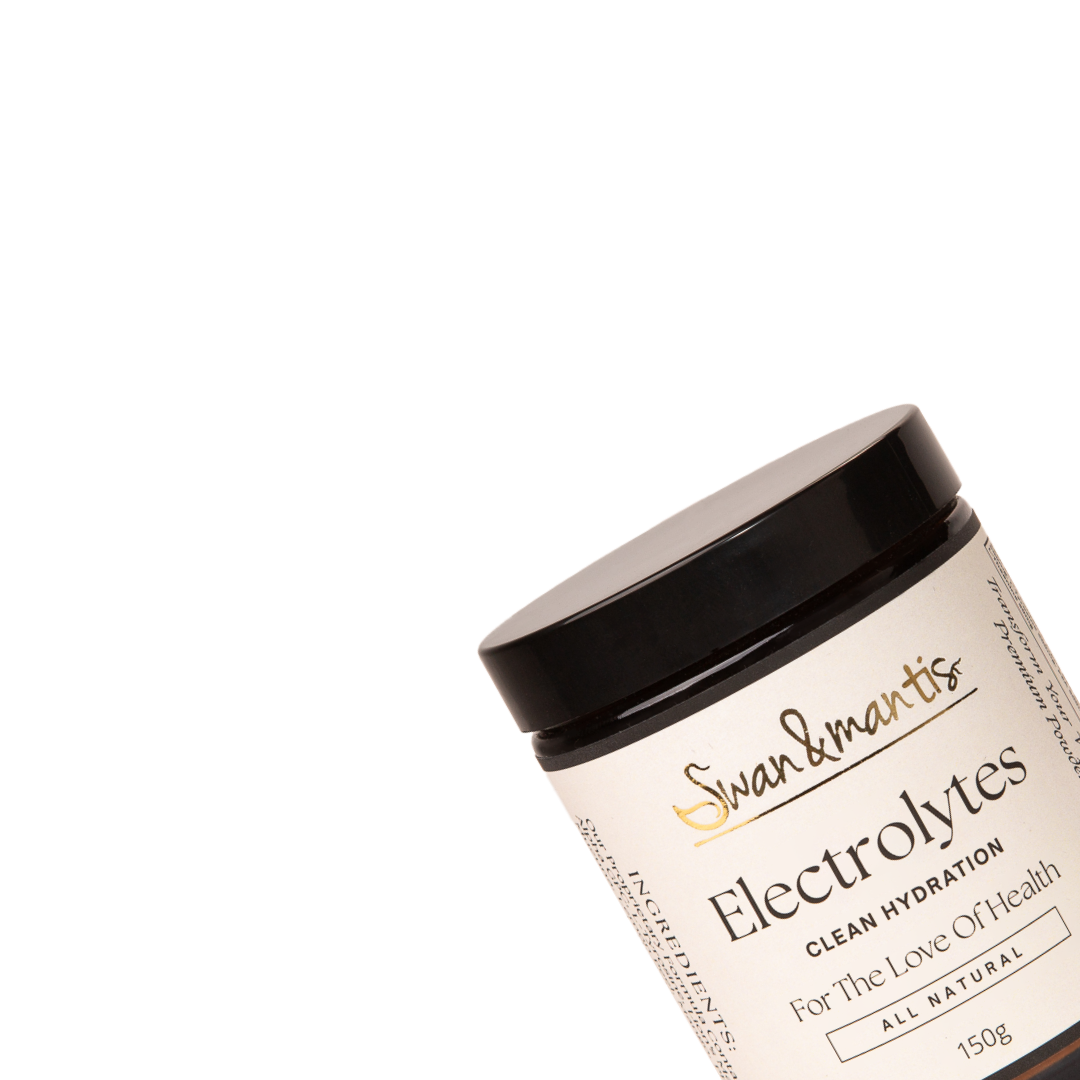Antibiotic Overuse
Antibiotic Overuse-
in Agricultural has Created New Hard-to-Eradicate Human Diseases
It's important to realize that antibiotic-resistant disease like MRSA is a man-made problem, created by the excessive use of antibiotics. Medical overuse of antibiotics is one aspect, but the greatest, and most hidden, factor is the excessive use of antibiotics in food production.
Chickens, cattle and hogs are fed antibiotics, not to treat disease, but to make them grow faster, which increases profit margins for livestock producers.
It's been unclear just how many antibiotics were really used in the manufacturing of our food—until now.
According to the first-ever report by the US Food and Drug Administration (FDA) on this subject, factory farms used a whopping 29 million pounds of antibiotics in 2009 alone.
Back in 2001, a report issued by the Union of Concerned Scientists estimated that the non-therapeutic livestock use of antibiotics accounted for 70 percent of the total antibiotic use in the US, and when all agricultural uses were considered, they estimated the share could be as high as 84 percent!
Clearly, agricultural antibiotic use is the smoking gun in the battle against antibiotic-resistant superbugs.
But what can YOU do about it?
Choose Your Foods Wisely
Granted, conventional medicine still needs to curtail its prescriptions for antibiotics, but even if you use antibiotics judiciously you're still exposed to great amounts of antibiotics from the foods you eat.
This is one of the primary reasons why I ONLY recommend organic, grass-fed, free-range meats or organic pasture-raised chickens, as non-medical use of antibiotics is not permitted in organic farming. (That, plus the fact that they are far superior to farm-raised meats in terms of nutritional content, which I'll discuss below).
Reduced Antibiotic Use in Farming PROVEN to Reduce Human Disease
Studies have shown that when you reduce the use of antibiotics in meat production, human disease caused by antibiotic resistant strains of bacteria is significantly reduced as well.
For example, once Australia banned the use of fluoroquinolones in all food animals, only two percent of Australian patients tested positive for the drug resistant strain of Campylobacter jejuni (a leading bacterial cause of food-borne illness that has exhibited drug-resistant strains), whereas the prevalence of drug resistance can be as high as 29 percent in countries that allow the use of fluoroquinolone.
And, according to a 2006 study published in the Journal of Infectious Diseases, bacteria from conventional chicken, and people who ate the chicken, became resistant to Synercid (a strong antibiotic used to treat antibiotic-resistant bacteria) more often than the bacteria found in antibiotic-free chicken, or in vegetarians.
In fact, the study found it was rare to find drug-resistant bacteria among antibiotic-free chicken, while the majority of bacterial isolates from conventional poultry were resistant.
The study indicated that the use of antibiotics in poultry (in this case the antibiotics were used to promote growth) may harm humans' health in the long-term.
Still, the US meat industry is extremely resistant to the idea of getting rid of these drugs, and I don't think we'll see any major change in this area until or unless laws are enacted to curtail its use.
Until then, it's up to you to make up your own mind about what you want to buy...
The Superior Health Benefits of Organic Meats
There are many reasons to go organic when it comes to meats.
Many people do not realize that aside from the antibiotic problem, conventional livestock feed is also laced with pesticides, which may then be transferred to you. In fact, conventionally-raised, factory-farmed beef is a primary source of both antibiotics and pesticides!
So, if you're short on cash and want to get the biggest bang for your buck, opt for organic beef over organic vegetables. In addition to being free of hormones, antibiotics and pesticides, grass-fed animals also produce meat that is nutritionally far superior to their factory-farmed counterparts.
For an excellent in-depth look at how commercial beef is really raised, please read California rancher Dave Evans' article "Better Beef," published in the March 2008 issue of Best Life magazine.
As for the nutritional differences, grass-fed beef is lower in fat than regular beef and, more importantly, contains three to five times more conjugated linoleic acid (CLA), a fatty acid, than grain-fed animals.
CLA provides a number of excellent health benefits, including:
- Fighting cancer and diabetes
- Helping you lose weight
- Increasing your metabolic rate, a positive benefit for promoting normal thyroid function
- Helping you maintain normal cholesterol and triglyceride levels
- Enhancing your immune system
If you don't purchase safe meat from our store, nor have access to a local farmer, farmer's market, or CSA program, I would encourage you to search for grass-fed beef ranchers in the United States that can ship good quality meats right to your door.
Over and Beyond Antibiotic-Resistance...
Last but not least, let's swing back to the overuse of antibiotics in medicine for a moment. Because in addition to promoting antibiotic-resistant disease, the use of antibiotics will also have the immediate health effect of killing off all the healthy, beneficial bacteria in your body as well.
This too can have a significant, detrimental impact on your health.
As an adult, you have three to four pounds of beneficial bacteria and yeast living within your intestines. These microbes compete for nutrients from the food you eat. Usually, the strength in numbers that beneficial bacteria enjoy both keeps the ever-present yeasts in check and causes them to produce nutrients such as the B vitamins.
However, every time you swallow antibiotics, you kill these beneficial bacteria within your intestines. When you do so, you upset the delicate balance of your intestinal terrain. Yeasts grow unchecked into large colonies and take over, in a condition called dysbiosis.
Yeasts are opportunistic organisms. This means that, as your intestinal bacteria die, yeasts thrive, especially when their dietary needs are met.
Using their tendrils (hyphae), yeast can literally poke holes through the lining of your intestinal wall, which results in a syndrome called leaky gut. In addition, parasitic yeasts can also cause you to change what you eat by causing "cravings" for carbohydrates like sugar, pasta and bread, for example.
So, it should come as no surprise that weight gain counts as one of the telltale signs of antibiotic damage and subsequent yeast overgrowth.
By altering the normal terrain of your intestines, antibiotics can also make food allergies more likely. An array of intestinal disorders can ensue, as well.
Sadly, many doctors dismiss the connection between their patients' intestinal disorders and the drugs they themselves prescribed. So, beware, and always make sure to repopulate your gut with a high quality probiotic every time you use an antibiotic.
The prevalence of antibiotics in the meats you eat could potentially also contribute to this intestinal imbalance, making organic, grass-fed meats all the more appealing.


